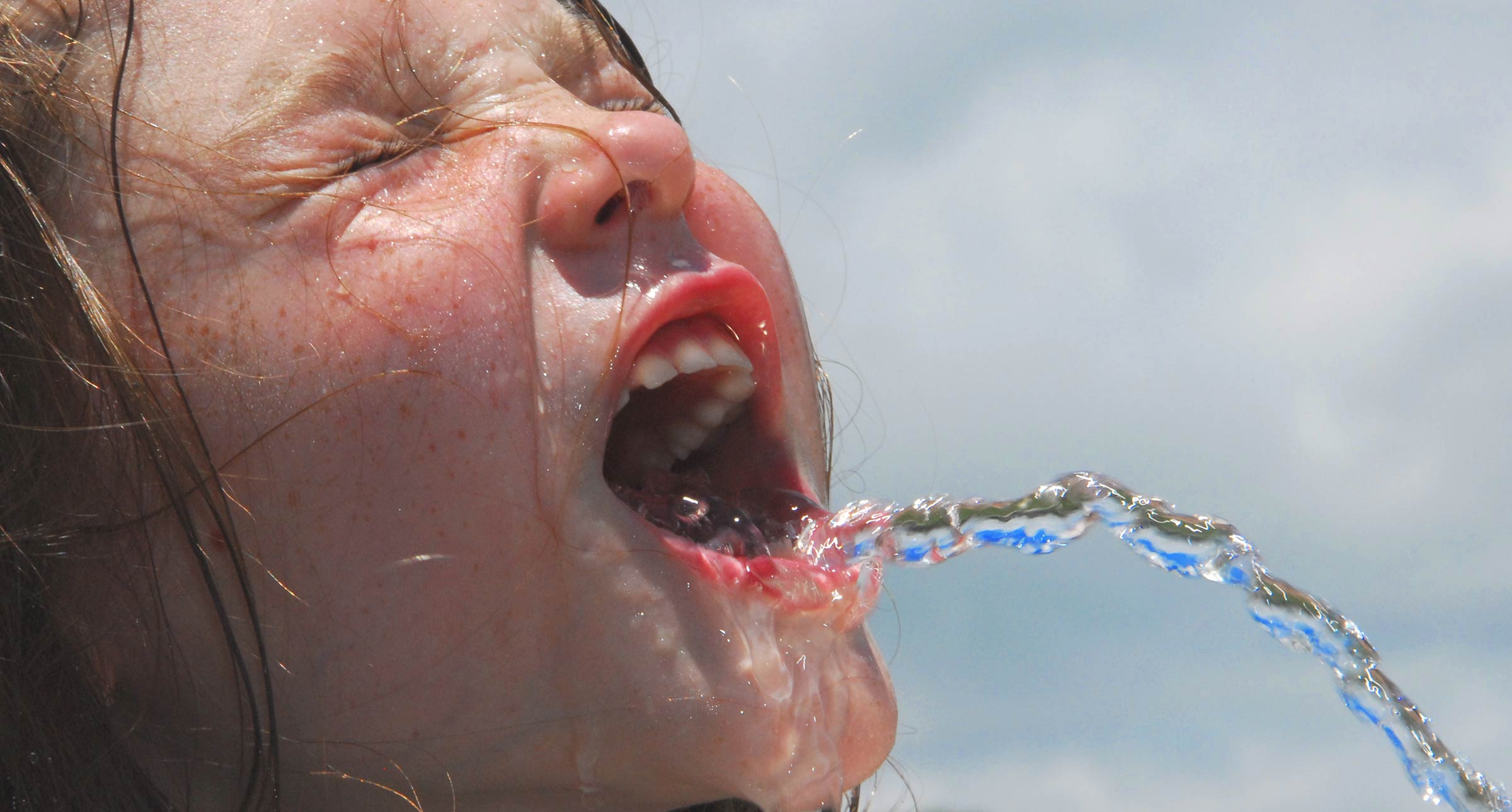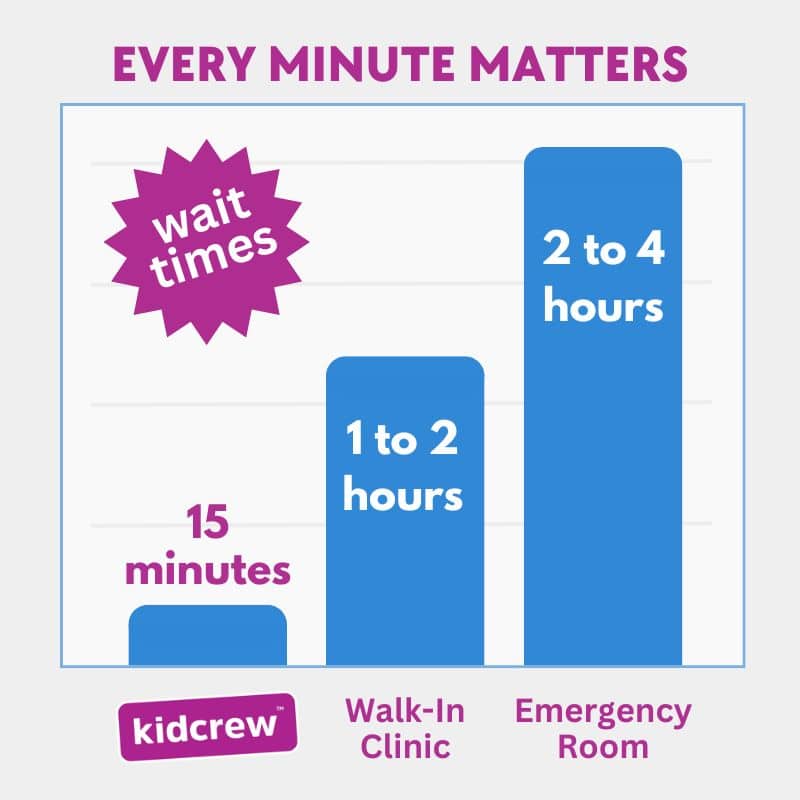Recognizing and Treating Heat Exhaustion in Children
On a blazing summer afternoon, your child is finally enjoying some much-needed outdoor play. They’ve been riding their bike, running around, and laughing under the hot sun. But then, you notice they start to slow down, their face turns pale, and they begin to complain about feeling dizzy. Your heart races with concern—could this be heat exhaustion?
Understanding Heat Exhaustion
Heat exhaustion is a serious condition caused by prolonged exposure to high temperatures, often combined with dehydration. It’s important to recognize the symptoms early to prevent it from escalating into something more severe, like heat stroke.
Symptoms of Heat Exhaustion:
- Heavy sweating
- Weakness or tiredness
- Cold, pale, and clammy skin
- Fast, weak pulse
- Nausea or vomiting
- Muscle cramps
- Dizziness or fainting
- Headaches
Immediate Home Care Strategies:
- Move your child to a cooler environment, preferably indoors.
- Encourage them to drink water or a sports drink to replenish electrolytes.
- Apply cool, wet cloths to their skin or have them take a cool bath.
- Loosen or remove excess clothing to help cool down their body.
To ensure your kids stay properly hydrated, especially during hot weather, check out Dr. Dina Kulik’s tips on keeping kids hydrated.
When to Seek Urgent Care or ER
When to Visit Urgent Care:
- Persistent Symptoms: Symptoms persist after initial home care (cool place, hydration, cooling measures).
- Inability to Keep Fluids Down: The child is unable to keep fluids down or is vomiting continuously.
- Ongoing Signs of Dehydration: The child shows signs of dehydration but is still alert and responsive.
When to Visit the Emergency Room:
- Severe Symptoms: Confusion, disorientation, or fainting.
- High Fever: Body temperature rises above 103°F (39.4°C).
- Skin Changes: Hot, red, dry, or damp skin.
- Severe Pain: Rapid, strong pulse and throbbing headache.
- Unconsciousness: Unconsciousness or unresponsiveness.
“Heat-related illnesses can escalate quickly. Recognizing the signs and knowing when to seek urgent care or emergency treatment is critical.”
– Dr. Dina Kulik
Preventive Measures:
- Ensure your child drinks plenty of fluids before, during, and after outdoor activities.
- Dress them in light, loose-fitting clothing.
- Schedule playtime in shaded areas or indoors during peak heat hours (10 AM to 4 PM).
- Take frequent breaks to cool down.
For additional tips on sun safety and preventing heat-related illnesses, you can read more on Dr. Dina Kulik’s guide to sun safety for kids.
Conclusion: Taking Prompt Action
Heat exhaustion in children can be frightening, but understanding the signs and knowing when to seek medical help can make a significant difference. Monitor your child’s activity and symptoms closely during hot weather. When in doubt, it’s always safer to consult with a healthcare professional to ensure your child’s well-being.








































